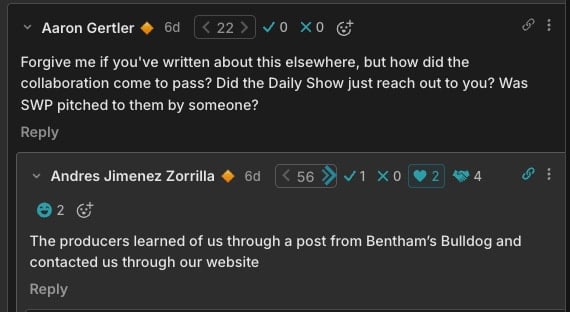Edit: I wish I had phrased the question as "What are utilitarian reasons to strive for top grades during college?". Feel free to answer any of the two.
8
8
Reactions
6 Answers sorted by
If you're not planning to go to grad school (and maybe even if you are), getting straight As in college probably means a lot of unnecessary effort.
Assuming you don't plan to go to gradschool. Then, do you think that the highest impact jobs you could apply to probably don't require stellar grades? Or that they don't increase your chances of getting the job a lot?
That seems like a crux to me
This is a pretty vague question as stated. The answer depends on why you think being a utilitarian is relevant here. My best guess as to the motivation behind this question is that that you have a different target than getting good grades in college - this article might help you. https://mindingourway.com/half-assing-it-with-everything-youve-got/
I left it a bit vague for fun. I think the more informative question would have been:
"What are utilitarian reasons to strive for top grades during your undergraduate/graduate studies?"
I guess there are some reasons that relate to higher earnings, more influence etc.
Thanks for the link!
Maybe relevant:
I remember enjoying this essay from Brian Tomasik about the more general value of education for altruists: https://longtermrisk.org/education-matters-for-altruism/
I tried to do this, but got impatient and frustrated, and ended up dropping out instead.
If and only if the resulting expected value is greater than the opportunity cost. If the alternative is effectively wasting your extra free time, then sure. If not, then it depends (on the value of the change in grades, the value of the change in learning, and the value of your alternatives). Regardless, the answer isn't binary: in general there are diminishing returns in grades and in non-grade-goals; you should neither optimize for grades exclusively nor ignore them.



I left it a bit vague for fun. I think the more informative question would have been:
"What are utilitarian reasons to strive for top grades during your undergraduate/graduate studies?"
I guess there are some reasons that relate to higher earnings, more influence etc.
Thanks for the link!